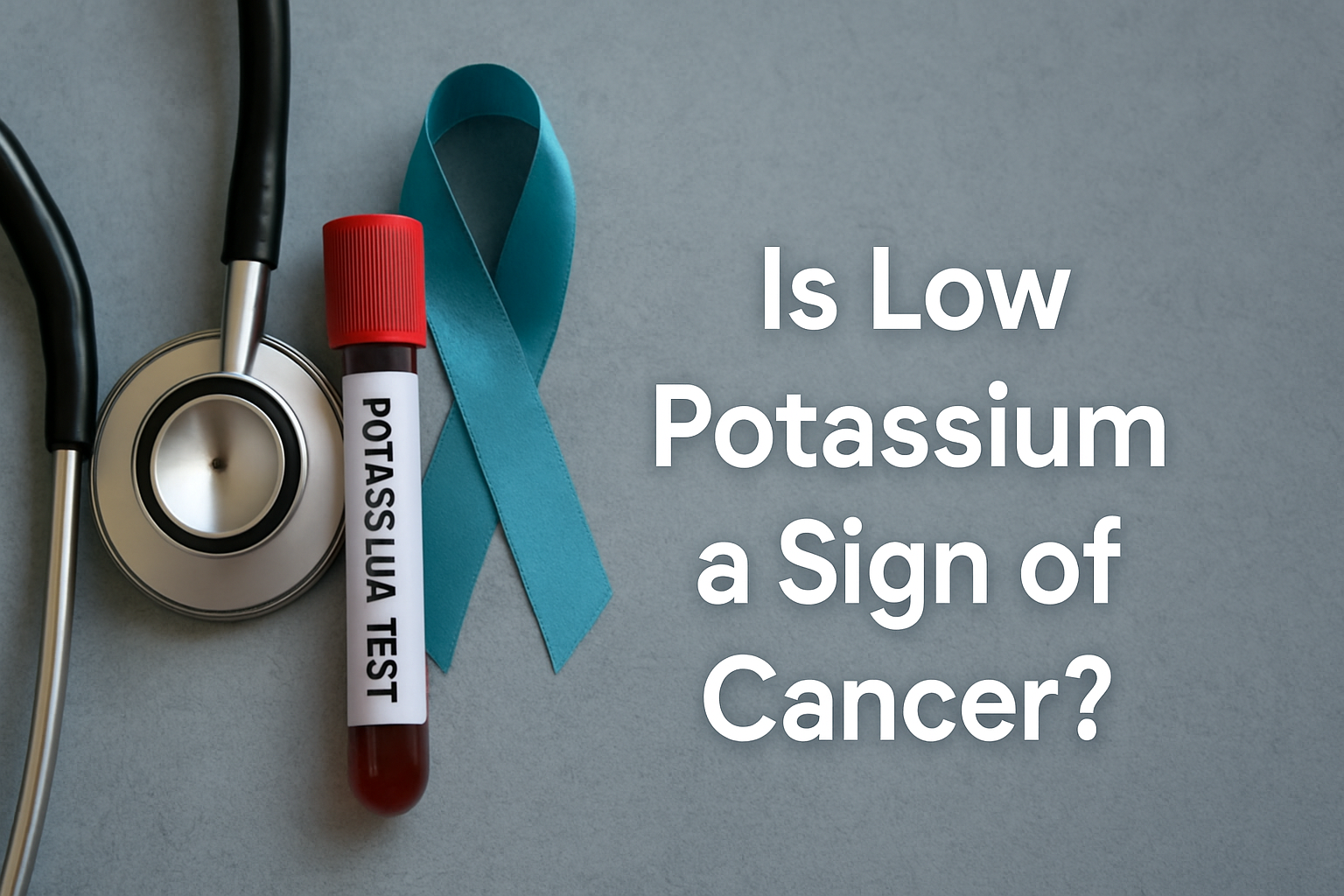Coffee syrup is a flavored liquid sweetener made from sugar (or sugar substitutes), water, and natural or artificial flavorings, designed to enhance coffee, tea, cocktails, and desserts by adding sweetness and depth of flavor. Available in both traditional sugar-based and sugar-free varieties (using sweeteners like stevia or erythritol), coffee syrups offer versatility, convenience, and consistency, dissolving easily in hot or cold beverages while lasting 6-12 months unopened. Popular in coffee shops and homes alike, syrups like vanilla, caramel, and hazelnut dominate the market, with vanilla accounting for 35% of flavored coffee orders (National Coffee Association), as the global coffee syrup’s market continues growing at 4.5% annually (Statista) due to rising demand for customizable, café-style drinks.
What is Coffee Syrup?
Definition & Uses
Coffee syrup is a flavored sweetener made from sugar (or sugar substitutes), water, and natural or artificial flavorings. It dissolves easily in hot and cold beverages, making it ideal for:
- Coffee & lattes
- Tea & cocktails
- Desserts & baked goods
Types of Coffee Syrups
There are two main types:
- Traditional (Sugar-Based) – Made with sucrose or corn syrup.
- Sugar-Free – Uses artificial sweeteners like sucralose or stevia.
Market Growth & Popularity
According to Statista, the global flavored syrups market was valued at $47.2 billion in 2023 and is expected to grow at a 4.5% CAGR through 2030, driven by rising coffee culture.
Key Benefits:
Long shelf life (6–12 months unopenWide variety of flCustomizable sweetness levels
Also Read: /gummies/
Coffee Syrup: Benefits and Harms
Benefits of Coffee Syrup
- Enhances Flavor – Transforms plain coffee into delicious, customized drinks.
- Convenient – Easier to mix than granulated sugar and separate flavorings.
- Versatile – Can be used in lattes, iced coffee, desserts, and cocktails.
- Long Shelf Life – Lasts 6–12 months unopened (vs. fresh ingredients).
- Sugar-Free Options Available – Great for diabetics, keto, or low-calorie diets.
- Boosts Coffee Shop Experience at Home – Lets you recreate café-style drinks affordably.
Potential Harms of Coffee Syrup
- High Sugar Content (Traditional Syrups) – May contribute to weight gain, diabetes, and tooth decay.
- Artificial Ingredients – Some brands contain preservatives, artificial flavors, or synthetic sweeteners.
- Overconsumption Risk – Easy to add too much, leading to excess calories or blood sugar spikes.
- Possible Digestive Issues (Sugar-Free Syrups) – Sugar alcohols like erythritol or maltitol may cause bloating in some people.
- Addictive Sweetness – May make unsweetened coffee taste bland over time.
Coffee Syrup: Nutritional Values (Per 1 Tbsp/15ml Serving)
1. Traditional Sugar-Based Coffee Syrup (e.g., Vanilla, Caramel)
- Calories: 50-60 kcal
- Total Carbohydrates: 13-15g
- Sugars: 12-14g (Typically sucrose or high-fructose corn syrup)
- Protein: 0g
- Fat: 0g
- Added Preservatives: May contain potassium sorbate or sodium benzoate
(Source: USDA FoodData Central, Torani Nutrition Facts)
2. Sugar-Free Coffee Syrup (e.g., Sucralose or Stevia-Based)
- Calories: 0-5 kcal
- Total Carbohydrates: <1g
- Sugars: 0g
- Sugar Alcohols (e.g., Erythritol): 2-3g (May cause digestive sensitivity)
- Artificial Sweeteners: Sucralose, Acesulfame-K, or Stevia extract
- Protein/Fat: 0g
3. Organic/Natural Coffee Syrup (e.g., Agave or Honey-Based)
- Calories: 40-50 kcal
- Total Carbohydrates: 10-12g
- Natural Sugars: 9-11g (From honey, agave, or maple syrup)
- Trace Minerals: Small amounts of potassium, calcium (in maple-based syrups)
- No Artificial Additives
4. Brown Sugar or Molasses-Based Syrup
- Calories: 45-55 kcal
- Total Carbohydrates: 12-14g
- Sugars: 10-12g
- Contains Molasses: Provides iron (0.5mg per serving) and calcium
- Slightly Higher in Micronutrients than white sugar syrups
Sugar-Free Coffee Syrup
Why Choose Sugar-Free Syrups?
With increasing health awareness, sugar-free coffee syrups are gaining popularity. They are ideal for:
- Diabetics
- Keto & low-carb dieters
- Calorie-conscious consumers
Common Sweeteners Used
- Stevia (Natural, zero-calorie)
- Sucralose (Artificial, 600x sweeter than sugar)
- Erythritol (Low-calorie, diabetic-friendly)
Market Trends
A 2023 report by Grand View Research found that the sugar-free syrup market is growing at 6.8% annually, with vanilla and caramel being the top-selling flavors.
Best Sugar-Free Brands:
- Jordan’s Skinny Syrups
- Torani Sugar-Free
- Monin Zero-Calorie
Coffee Syrup Flavors
Top-Selling Flavors in the U.S.
- Vanilla – Classic, versatile
- Caramel – Rich, buttery
- Hazelnut – Nutty, aromatic
- Pumpkin Spice – Seasonal favorite
- Mocha – Chocolate-coffee blend
Emerging Trends
- Pistachio (Popularized by Starbucks)
- Brown Sugar (Deeper, molasses-like taste)
- Blueberry (Fruity, refreshing)
Consumer Preferences
A 2024 Technavio survey revealed:
- Vanilla & caramel account for 42% of syrup sales
- Seasonal flavors (pumpkin spice) spike by 25% in fall
Pro Tip: Mix flavors like vanilla + caramel for a salted caramel effect.
Coffee Syrup Recipe
Basic Homemade Coffee Syrup
Ingredients:
- 1 cup water
- 1 cup sugar (or alternative)
- 1 tsp flavor extract (vanilla, caramel, etc.)
Instructions:
- Boil water & sugar until fully dissolved.
- Add flavoring, simmer for 5 mins.
- Cool & store in an airtight bottle.
Variations
- Brown Sugar Syrup – Replace white sugar with brown sugar.
- Spiced Syrup – Add cinnamon or nutmeg.
Shelf Life:
- 1 month (refrigerated)
- 6 months (with preservatives like citric acid)
Why Make Your Own?
No artificial additives
Customizable sweetness
Vanilla Coffee Syrup
Why Vanilla is best?
- Universal appeal – Works in all coffee types.
- Enhances creaminess – Perfect for lattes.
Usage Ideas
- Vanilla latte
- Iced vanilla coffee
- Whipped cream topping
Market Data
The National Coffee Association (NCA) reports that vanilla syrup is used in 35% of flavored coffee orders.
Best Vanilla Syrups:
- Torani Pure Vanilla
- Monin Vanilla
Caramel Coffee Syrup
Why Caramel is a Fan Favorite
- Buttery, sweet flavor – Ideal for desserts.
- Versatile – Great in hot & iced coffee.
Popular Drinks Featuring Caramel
- Caramel macchiato
- Salted caramel cold brew
Sales Growth
Per IBISWorld, caramel syrup sales grew by 12% in 2023, driven by café trends.
Brown Sugar Coffee Syrup
Why Choose Brown Sugar?
- Deeper, richer taste than white sugar.
- Pairs well with cinnamon & nutmeg.
Best Uses
- Autumn lattes
- Dalgona coffee
Pistachio Coffee Syrup
Rising Popularity
- Starbucks introduced pistachio latte in 2021, boosting demand.
Flavor Profile
- Nutty, slightly sweet – Unique twist.
Homemade Coffee Syrup
Benefits of DIY Syrups
- No preservatives
- Custom flavors (e.g., lavender, ginger)
Storage Tips
- Use glass bottles for longevity.
Blueberry Coffee Syrup
Why Try Blueberry?
- Fruity, refreshing – Great for iced coffee.
- Antioxidant-rich – Healthier option.
Coffee Syrup Dispenser
Best Dispensers for Home & Café
- Stainless steel pumps (commercial use)
- Glass bottles with spouts (home use)
Best Coffee Syrup Brands in the USA
Top 5 Brands 2025
- Torani – #1 in market share (30%)
- Monin – Premium, barista-approved
- DaVinci Gourmet – Affordable & high-quality
- Jordan’s Skinny Syrups – Best sugar-free
- 1883 Maison Routin – Luxury, artisanal
Source: IBISWorld
Conclusion
Final Thoughts
Coffee syrups offer endless customization, from classic vanilla to trendy pistachio. Whether you buy store-bought (Torani, Monin) or make your own, there’s a perfect syrup for every coffee lover.
Future Trends
- More sugar-free & organic options
- Exotic flavors (matcha, lavender)




